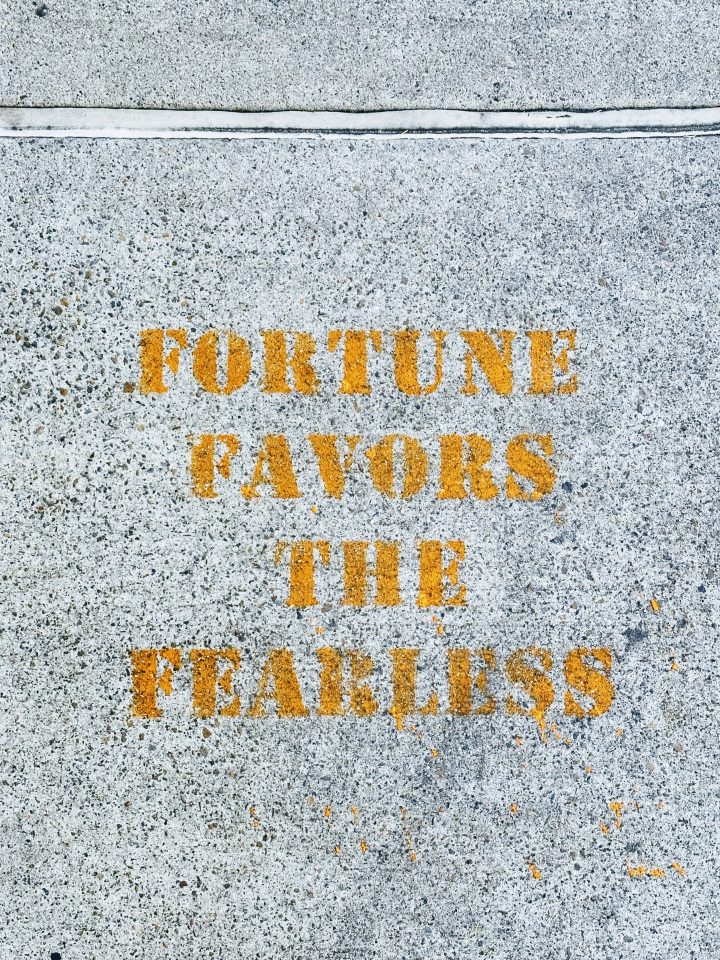We all know the feeling: the warning signs are there long before the real crash happens. The workload feels a bit too heavy, the calendar fills faster than it empties, and the small things that used to bring joy start to feel like chores. Still, we keep going. We tell ourselves it is just a busy season. That it will get better after the next project, the next deadline, the next meeting.
And then one day, the body or mind says “enough.” That is usually when the workplace steps in. Suddenly there are conversations, sick leave papers, maybe even promises of change. But by then, the damage is done.
Overload Does Not Come as a Surprise
Overload is rarely a sudden event. Research shows it builds quietly over time. Heavy demands, unclear roles, poor communication, and the lack of recovery all chip away at us little by little.
And here is the tricky part: prevention works best early on. When employees are supported in managing their workload, when recovery is seen as part of the job rather than an afterthought, wellbeing stays higher. But when overload has already deepened, the same strategies are far less effective. Prevention only works if we actually do it before the crisis.
Healthcare offers us a good mirror. Physical therapy, for example, is often available only after surgery, as part of rehabilitation. Yet studies show that introducing therapy earlier can prevent surgery altogether, or at least make recovery smoother. We see the same pattern in workplaces: waiting until people are overloaded before acting, instead of stepping in earlier when the signs are clear.
The Real Cost of Waiting
The truth is, prevention almost always costs less than repair. Not in money alone, but in time, energy, and human potential.
Supporting someone early with manageable workloads, open conversations, and recovery time requires relatively small adjustments. Waiting until overload has tipped into collapse often means long absences, complicated handovers, disrupted teams, and a painful process of rebuilding both trust and capacity.
It is like the difference between maintaining a bridge and rebuilding it after collapse. The maintenance feels routine and unremarkable, but the collapse is catastrophic. In workplaces, as in healthcare, the effort we put into prevention saves us from much greater effort later.
What Culture Tells Us
A workplace is not only about tasks and targets. It is also about culture. Researchers talk about something called a psychosocial safety climate. In simple terms, it means: do people feel that their leaders truly care about mental wellbeing?
When the answer is yes, something shifts. Stress is lower, job satisfaction rises, and people are more engaged. When the answer is no, even the best individual coping strategies are not enough. And yet, too often, companies choose quick fixes: an external coach here, a mindfulness session there. These may help temporarily, but they treat the symptoms, not the cause. Real change happens when the way work is structured changes too.
Why We Struggle With Prevention
If we know all this, why do we still wait? Partly, it is how we are wired. Human beings respond to what is urgent and visible. An employee on sick leave is a clear problem. An employee slowly sliding into overload is easier to ignore.
There is also the way we measure success. Many organizations focus on short-term productivity. Hours billed, projects finished, results delivered. What is harder to measure is the quiet success of the employee who never reached overload. The career that stayed steady because someone acted early.
What If We Chose Differently?
The research is clear: prevention is powerful. People thrive when their workload is realistic, when rest is not something to be earned but something to be built into the culture, and when leaders set the tone by valuing wellbeing. Organizations thrive, too, because healthy people do their best work.
Maybe it is time we start celebrating the invisible wins: the surgery that never happened, the overload that never turned into collapse, the careers that stayed whole. Not because we rushed in to fix a crisis, but because we cared enough to prevent it.




